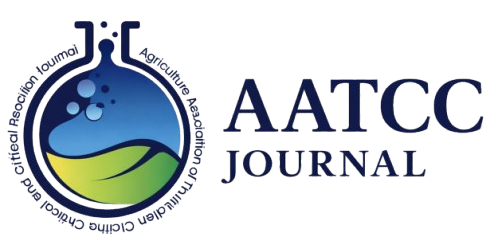Abstract
Wheat is India’s second-largest staple food crop grown in different agro climatic
zones in which weeds are known to pose a severe challenge to wheat production. Weed
infestation is a major constraint reducing wheat productivity globally. A field experiment was
carried out during the rabi seasons of 2021-22 and 2022-23 on loamy sand soil at the AICRP-
Weed Management farm, Anand Agricultural University, Anand (Gujarat). The study aimed
to evaluate the effect of herbicide combination and sequential application for broad-spectrum
weed control in wheat (Triticum aestivum L.). Twelve treatments were evaluated in a
randomized block design with three replications. Results indicated that application of
pendimethalin 30% EC 500 g a.i./ha PE fb clodinafop propargyl 15% WP 60 g a.i./ha
PoE,clodinafop propargyl 15% + metsulfuron methyl 1% WP (PM) 60 + 4 g a.i./ha PoE,
hand weeding at 20 and 40 DAS and sulfosulfuron 75% + metsulfuron methyl 5% WG (PM)
30 + 2 g a.i./ha PoE provided significantly lower density and dry biomass of weeds, a higher
number of effective tillers, test weight, lower weed index, higher gross return, and benefit-
cost ratio as compared to other treatments. Further, application of metribuzin 42% +
clodinafop propargyl 12% WG (PM) at both the rate i.e. 140 + 40 or 210 + 60 g a.i./ha PoE
provided effective control of weeds with higher weed control efficiency but due to phytotoxic
effect on the crop which leads to reduce the grain yield of wheat.
